Why age verification misses the mark and puts everyone at risk
Age verification is a short-sighted, ineffective and dangerous way to protect young people form online harms. It is disproportionate when better alternatives are available, straightforward and rewarding to circumvent, and structurally impacts more people than it aims to protect.
Filter resources
-
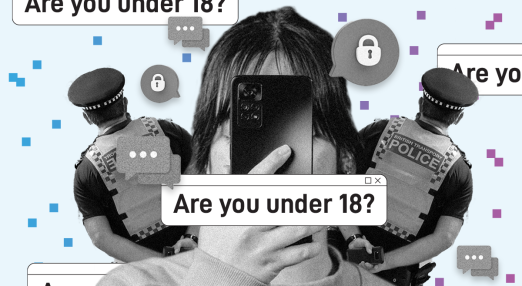
Why age verification misses the mark and puts everyone at risk
Age verification is a short-sighted, ineffective and dangerous way to protect young people form online harms. It is disproportionate when better alternatives are available, straightforward and rewarding to circumvent, and structurally impacts more people than it aims to protect.
Read more
-
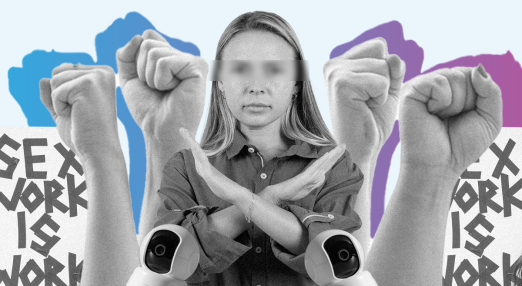
Sweden further cracks down on sex workers: What it means for digital rights
Despite overwhelming opposition from civil society, academic experts, and sex workers, the Swedish Parliament voted to adopt a law that expand the criminalisation of sex work. This will have have a chilling effect nationally and internationally, and affect digital rights.
Read more
-
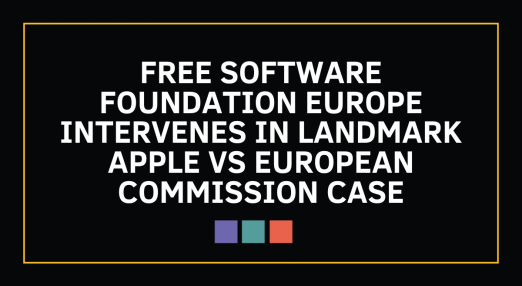
Free Software Foundation Europe intervenes in landmark Apple vs European Commission case
EDRi member Free Software Foundation Europe (FSFE) is taking a stand against Apple in a landmark case at the Court of Justice of the European Union, where the tech giant is challenging EU digital law. This intervention could help users and developers of Free Software.
Read more
-
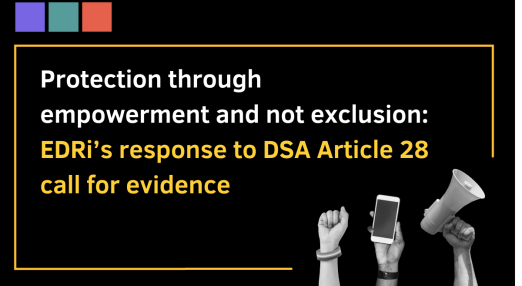
Protection through empowerment and not exclusion: EDRi’s response to DSA Article 28 call for evidence
On 30 September, EDRi and its members submitted a response to the European Commission’s call for evidence for the DSA Article 28 guidelines for the protection of minors online. The submission focused on the importance of a holistic approach and relying on empowering young people, rather than excluding them.
Read more
-
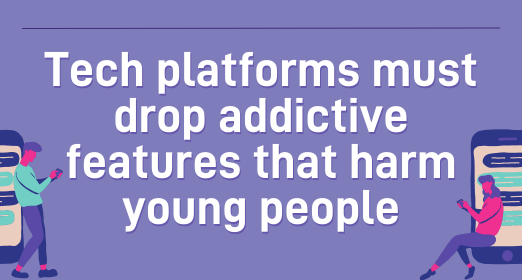
Tech platforms must drop addictive features that harm young people
Social media companies construct their platforms in ways that make them addictive. Algorithms show individuals things that they think will keep them hooked for longer.
Read more
-

Irish Media Regulator must address dangerous age verification in its new online safety code
On 30 January 2024, EDRi submitted its comments on the Irish Media Regulator’s (Coimisiún na Meán) new Online Safety Code in a public consultation, highlighting significant concerns about age verification.
Read more
-
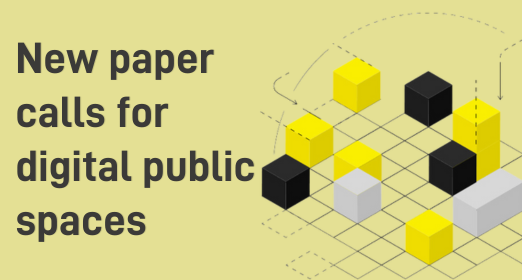
New paper calls for digital public spaces
In a newly published paper, Zuzanna Warso, a human rights lawyer and a Director of Research at EDRi member Open Future (OF), explains why establishing Digital Public Space is necessary for the realisation of digital rights. Keep reading to learn why.
Read more
-

Commission launches internet fee consultation full of biased questions
The European Commission has launched an “exploratory questionnaire” about telecom corporations wishing to levy an internet fee from online content providers. EDRi’s response outlines why that’s a ludicrous idea, a threat to net neutrality, and bad news for all internet users.
Read more
-
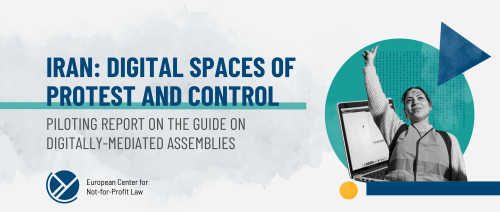
Iran: Digital spaces of protest and control
European Center for Not-for-Profit law new report "Iran: Digital Spaces of Protest and Control" describes the impact of Iran's digital governance and censorship on digital assemblies.
Read more
-

Internet restrictions in Turkey violate fundamental rights
After the major earthquake that took place in Turkey on 6 February, covering 10 provinces and a population of approximately 15 million, bandwidth restriction for social media platforms such as Twitter and Tiktok was implemented. Whenever the current government was criticised for not meeting its obligations, throttling was used as an option to filter and prevent the flow of information.
Read more
-
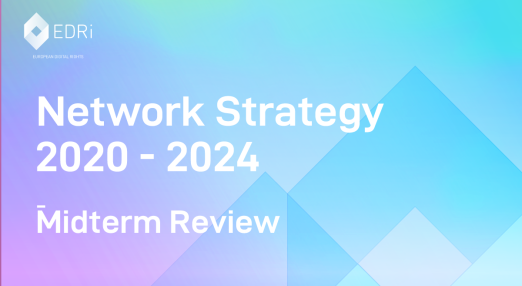
Mid-point EDRi strategy review: impact and adjustments in a changing field
In April 2020, during the early months of the Covid-19 pandemic in Europe, EDRi adopted its first network multi-annual strategy for the years 2020-2024. At the mid-term of the strategy implementation, what have we learned?
Read more
-

“You’ll find it on the internet.” How digitalisation impacts the lives of people whose voices often go unheard
As a rule, government and official websites make no allowances for users with special needs. At the same time, even some IT specialists prefer to use paper as an alternative. These were among the findings of a unique piece of research which was part of the Promoting Human Rights in the Digital Era project.
Read more
